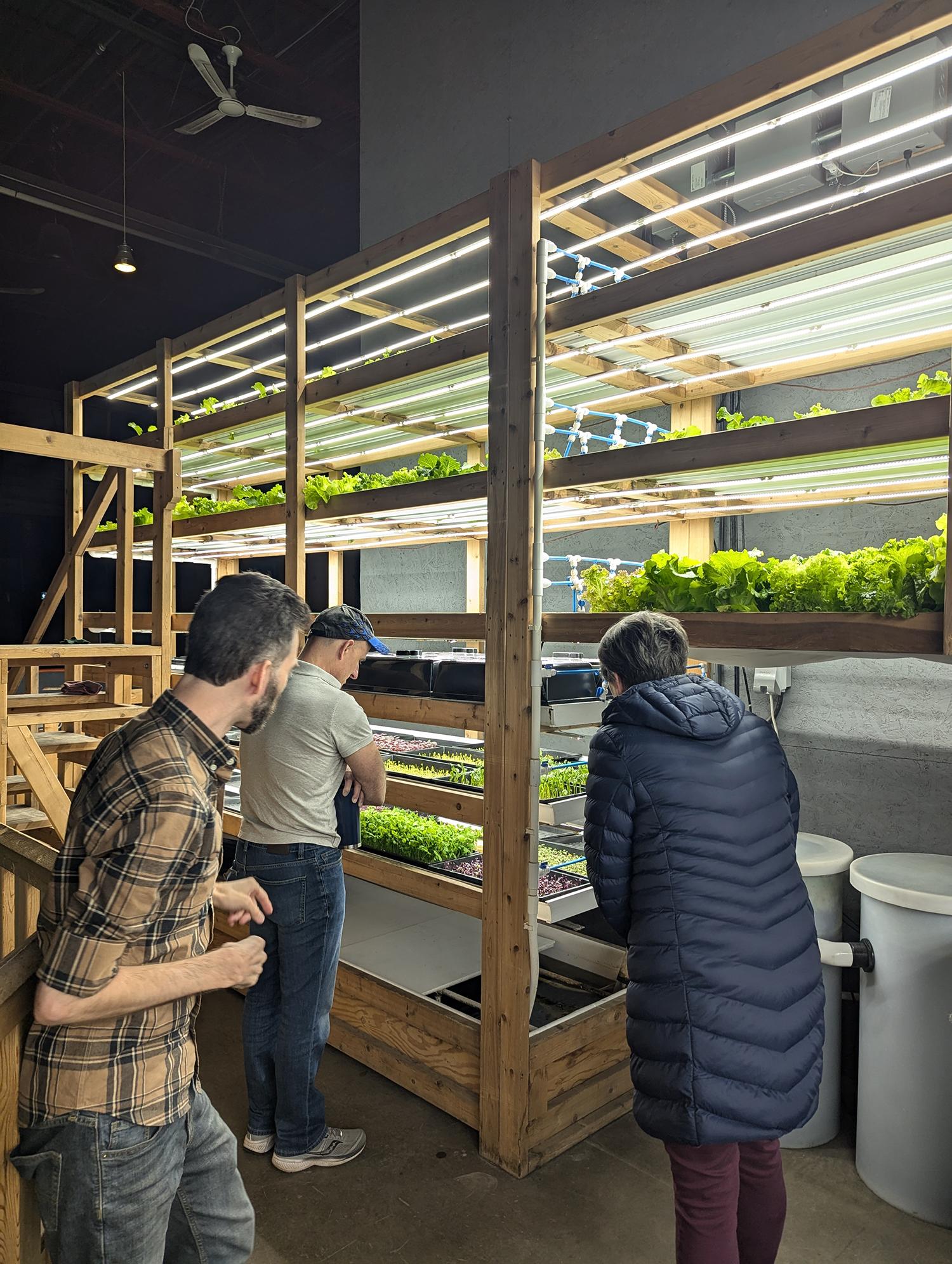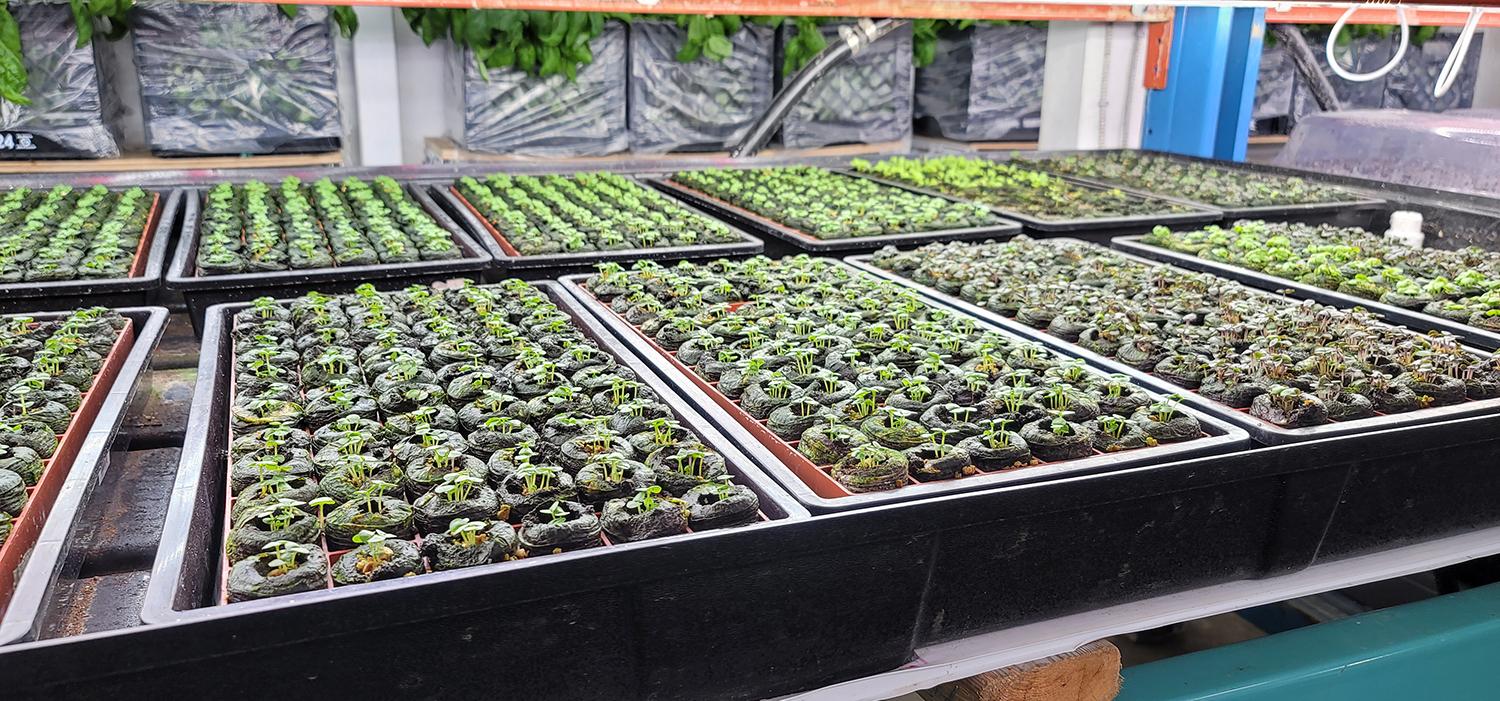
Humber Polytechnic with workforce development organization ACCES Employment is offering a 16-week program for those looking to grow their careers in the vertical farming industry.
The program, funded by Upskill Canada (powered by Palette Skills) and the Government of Canada, is designed to equip participants with the skills and knowledge needed in the field of vertical farming. This involves various techniques for growing crops in a controlled environment.

Dave Smiderle, associate dean, Continuous Professional Learning with the Faculty of Applied Sciences & Technology (FAST): “With the vertical farming market to grow with a compound annual growth rate of more than 30 percent from 2023 to 2030, the program is addressing the sector’s need for skilled workers”.
Allison Pond, president and CEO at ACCES Employment, says this is a unique partnership that illustrates the kind of innovation and collaboration required to solve some of the world’s pressing challenges.
“Food insecurity is certainly a reality for many - and by working closely with key partners, and bringing our expertise in designing programs that match jobseeker and employer needs, we expect very strong results.”
The program can help learners launch or advance their careers in agricultural technology and vertical farming. The industry-informed program includes technical training, futureproofing, mentoring, coaching, personal branding and support to help participants complete the training, build their employability and transition into employment.

"The goal of this program is to make it easier for people to get into this area and to grow the workforce in this space because we anticipate that the need for vertical farming is just going to increase, not decrease," said Smiderle.
Offering the program at no cost helps eliminate barriers to upskilling, said Smiderle. It's also allowing equity-seeking groups to continue their education and grow their careers. The program launches on November 18 and there will be future cohorts as well.
Interested candidates can visit the ACCES website.